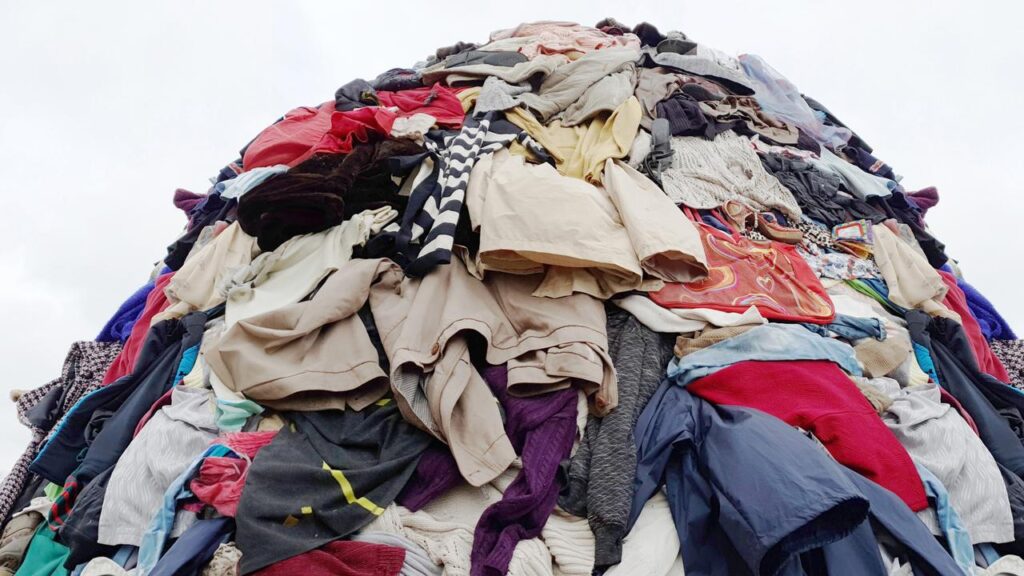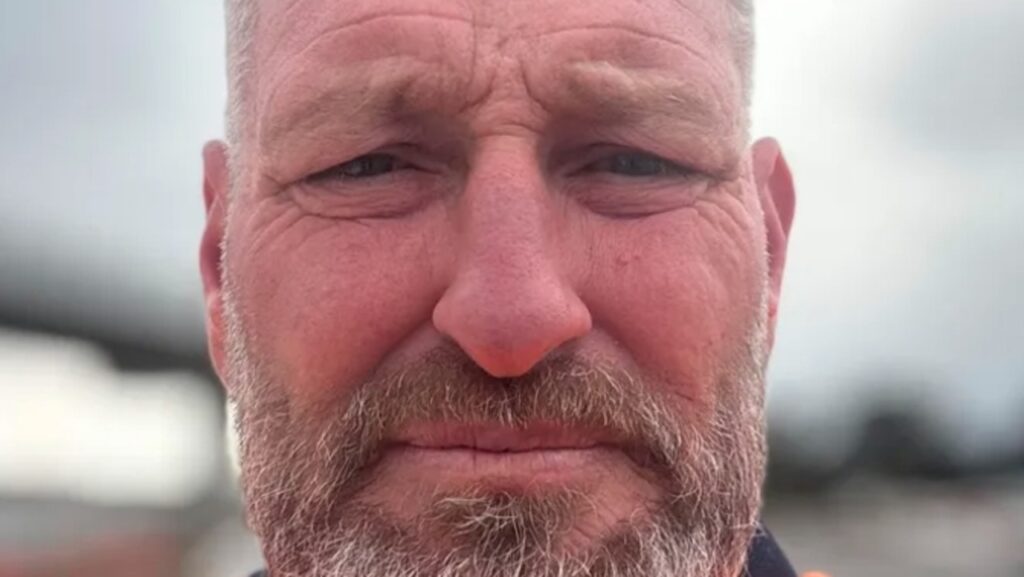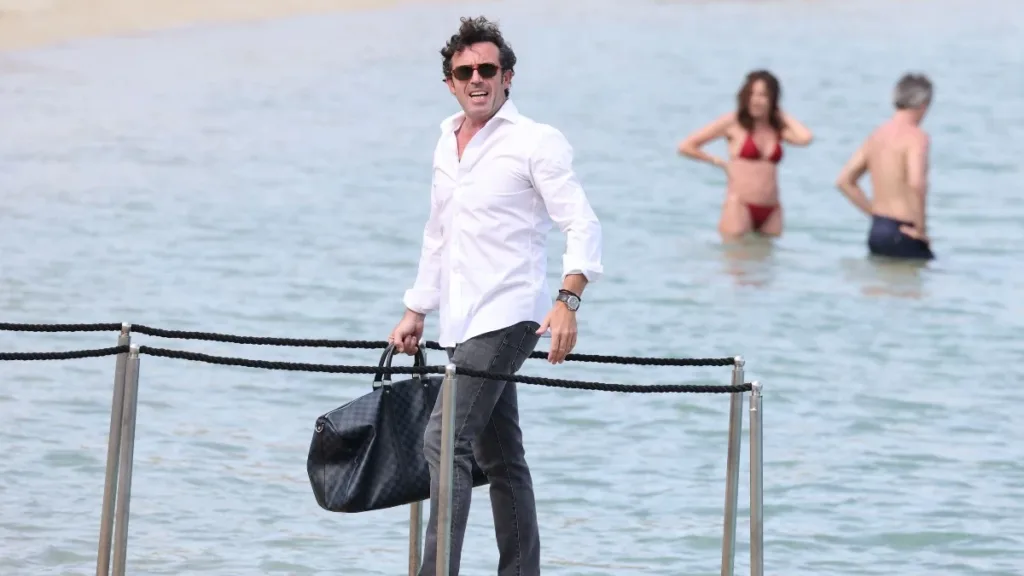Grim prediction for Queensland Labor despite Premier Steven Miles’ $11 billion pre-election cash splash to woo voters
Written by admin on June 17, 2024
Grim opinion polling suggests the end of almost a decade of rule for Queensland’s Labor government, despite it splashing billions of dollars on pre-election sweeteners in a bid to hold on to power.
But experts and insiders say it won’t be enough to prevent electoral annihilation at the ballot box come October.
The government’s latest budget, handed down last week, included an $11.2 billion package of cost-of-living relief measures, including a $1000 cashback on electricity bills, a 20 per cent discount on car rego, 50 cent public transport fares, and a $200 voucher for parents of kids who play sport.
Most of the initiatives are short-term and some, like the ultra-cheap bus, train and ferry tickets, will expire not long after the next election.
“People can see through that,” one veteran Labor figure told news.com.au. “It looks desperate, but then again, it is.”
Spending big and sometimes recklessly in the lead-up to an election to woo voters is hardly a new phenomenon, Paul Williams, an associate professor of politics and journalism at Griffith University, said.
“But, even by that standard, the cash splashed by the Queensland Labor government under premier Steven Miles is eye-watering – not just in dollar terms but also in the choices treasurer Cameron Dick has made in the run-up to an election few believe Labor can win,” Mr Williams wrote in analysis for The Conversation.
Polling conducted by Redbridge between February and May indicated Labor’s primary vote has collapsed by 12 points since the last election in 2020 to just 28 per cent.
That would equate to a two-party preferred result of 47 per cent for the Liberal-National Party and a 10 per cent swing against Labor.
If translated at the ballot box, the government could lose 24 seats and hand the LNP a majority government.
“Worryingly for Labor, the Redbridge data are consistent with earlier Resolve Strategic, YouGov and Newspoll surveys,” Mr Williams said. “All reported similar collapses in Labor’s vote since March.”
Based on those trends, he concluded: “Ultimately, Queenslanders appear to have cast their judgment on the Miles government.
“They will happily – but not gratefully – grab Labor’s cash, then stroll to the polls and vote LNP in a very decisive swing.”
Adrian Beaumont, honory associate at The University of Melbourne’s School of Mathematics and Statistics and an election analyst for The Conversation, agreed.
Of Labor’s long run of grim polling, he said: “The party is now facing a heavy defeat at the October election after almost 10 years in power.”
The mood of late among many inside 1 William Street, the tower home to the premier and senior ministers, is bleak at times, one political staffer conceded.
“Everyone is hopeful and it’s not like we’re not gonna fighting until the end,” the source insisted.
“But it doesn’t look good.”
Those in the Labor tent casting their minds to what went so wrong for the once-bulletproof government have one villain in their sights: Anastasia Palaszczuk.
Ms Palaszczuk became a so-called ‘accidental premier’ when she toppled the LNP in 2015 against virtually all expectations.
One-term wonder Campbell Newman had swept to power in 2012 in what was the biggest electoral victory in Australian history, reducing Labor’s position to just seven MPs in opposition.
Ms Palaszczuk enjoyed strong popularity and voter approval, winning two more elections, until early 2022 when the wheels began to fall off and the government’s fortunes slumped.
Mr Williams said she had lost political capital by not adequately addressing major concerns like cost-of-living and youth crime.
Ms Palaszczuk was also branded out of touch and absent thanks to her penchant for swanky red carpet events.
When she eventually stepped down in December 2023, it was “too late to right the ship”, the Labor staffer reflected.
Another figure in Queensland Labor politics said there’s frustration that the government’s message doesn’t seem to be cutting through.
“Miles could give everyone in the state a Maserati and there’d be criticism about the colour options.”
Take last week’s budget.
While big on feel-good sugar hits, the treasurer also crafted a four-pronged approached to addressing some of the biggest issues impacting Queenslanders.
They are cost-of-living, youth crime, housing and health.
“That’s why he allocated an extra $1.28 billion for more police and to support victims of crime,” Mr Williams said.
“It’s also why health had an almost unprecedented 10.6 per cent funding increase – hospital ramping is a particularly sore point.
“Another $3.1 billion was invested in the Homes for Queenslanders program, which offers rental support, while significantly raising the home value threshold before stamp duties are charged.”
And a staggering $107 billion is being spent over the next four years on the Big Build infrastructure program to help the state cope with a booming population.
But it appears voters have switched off, Mr Williams said.
More Coverage
“They have stopped listening to Miles and are now embracing the moderate, softly spoken LNP leader, David Crisafulli,” he said.
In a poll by Resolve Strategic conducted between February and May for the Brisbane Times, Mr Crisafulli was well ahead as preferred premier, scoring 39 points to Mr Miles’ 28.
Queensland heads to the polls on October 26.
Read related topics:Brisbane







